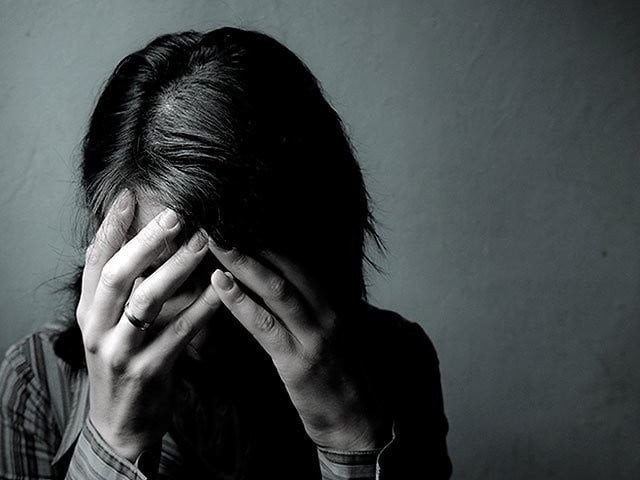
Suicide risk peaks on Mondays worldwide, with research linking the start of the workweek to increased cases, according to an international study.
Conducted by researchers led by Yoonhee Kim, an associate professor at the University of Tokyo, the study reveals that Monday accounts for 15-18% of suicides globally, a trend observed in many nations across North America, Asia, and Europe.
The analysis, covering data from 740 locations in 26 countries over nearly five decades, shows that weekends pose lower suicide risks in most regions.
Yet, in Central and South America, Finland, and South Africa, suicide risks rise over the weekend, suggesting cultural and societal differences impact mental health trends.
According to Martin Plöderl, a clinical psychologist and suicide prevention researcher at Paracelsus Medical University in Austria, factors like alcohol use, work stress, and isolation may carry different weight depending on regional norms around holidays, religious practices, and work-life balance.
"We need to have a closer look at the socio-cultural factors that differ across the regions," Plöderl told Euronews Health, adding that he has observed similar patterns in Austria, where suicide rates increase on Mondays and after major holidays but tend to drop on weekends and during December, reaching their lowest on Christmas and peaking on New Year’s Day.
Researchers also noted a surge in suicides on New Year's Day, particularly among men, attributing this to factors such as increased alcohol consumption and the “broken-promise effect.” This theory posits that people experience profound despair when their expectations for a fresh start are unmet.
"Blue Monday" – the phenomenon of heightened stress at the start of the workweek – also appears to play a role, especially in the United States and other Western nations.
The researchers found that men are particularly vulnerable to these trends, possibly due to greater work-related pressures and social isolation, whereas women often have broader support networks.
The findings, published in BMJ, underscore the importance of mental health resources and preventive strategies tailored to these high-risk times.

1725877703-0/Tribune-Pic-(5)1725877703-0-165x106.webp)











1729749480-0/Untitled-design-(72)1729749480-0-270x192.webp)







COMMENTS
Comments are moderated and generally will be posted if they are on-topic and not abusive.
For more information, please see our Comments FAQ